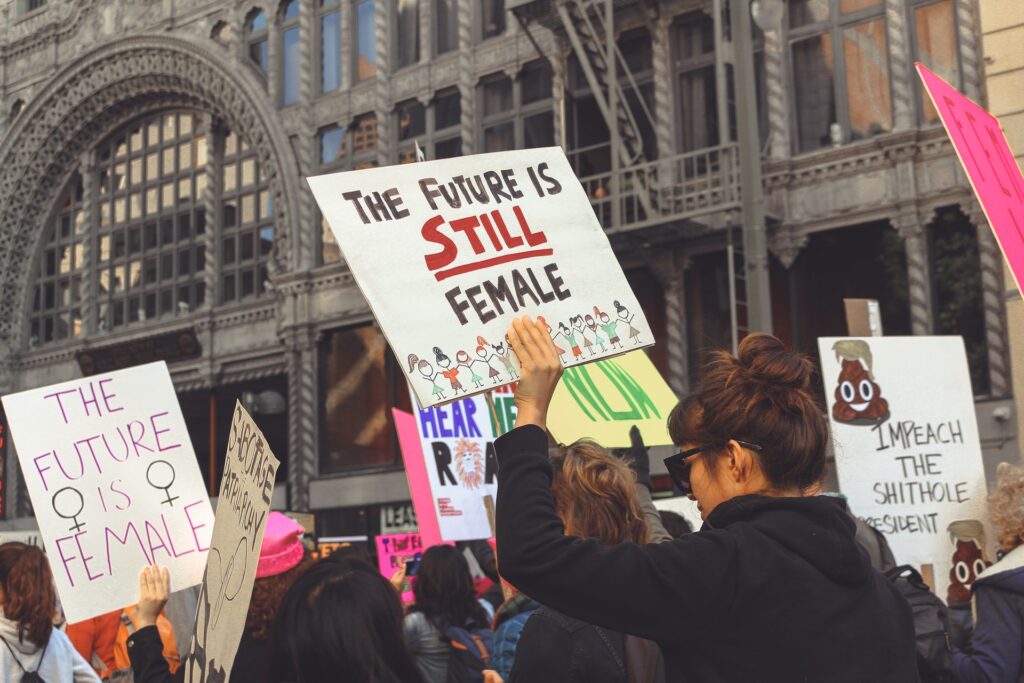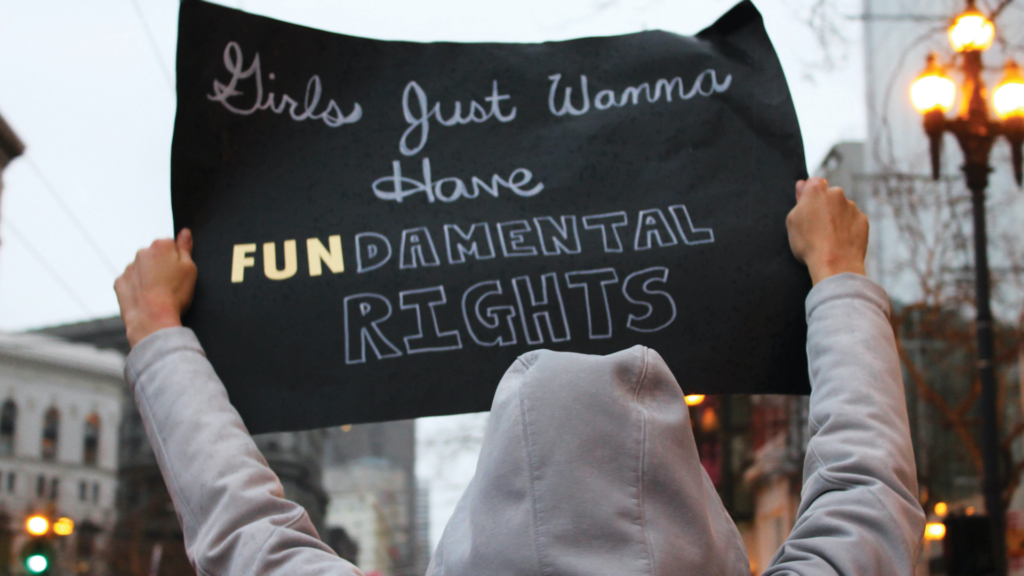
March 8th, 2021 is International Women’s Day and the theme this year is Choose to Challenge.
I recently finished reading Chimamanda Ngozi Adichie’s Dear Ijeawele: A Feminist Manifesto in Fifteen Suggestions. The book is an open letter to her friend, Ijeawele, a new mother who’d asked Adichie how to raise her daughter as a feminist. Adichie provided some direct and perceptive suggestions to empower a girl child to become a strong, independent woman.
This got me into thinking what I would choose to challenge in the world today. Societal norms and rules that do nothing to encourage growth and prosperity for any human being. I have listed a few challenges from Adichie’s book that deeply resonated with me, adding my own thoughts and ideas.
- What is weak? What is strong? Weak moments don’t necessarily define a weak character. Strength and weakness depend on circumstances. We show strength in ways that may not be obvious. Strength doesn’t always come from the loudness of our voices or the force of our actions.
- Patriarchy is harmful to both women and men. Boys are told to ‘act like a man’ and not cry. Girls are told to act demure and not raise their voices. Supress your emotions, beliefs, thoughts so you can fit neatly into a mould. How does that benefit a society?
- Be a full person. You were a full person before you became a mother; you will be a full person after your children grow up and lead their own lives. You are a full person with or without children. Take time out to nurture your needs. It’s not selfish, it’s necessary. Our culture celebrates the idea of women who are able to ‘do it all’ but does not question the premise of that praise.
- “Because you are a girl” is never a reason for anything. Neither is “because you are a boy”. A girl can choose to play with cars or pump weights. A boy can choose to play with dolls and like pink things. We, as women, are just as guilty of internalised misogyny as men. Stereotypes exist because we allow them to exist.
- Question language. Language is the repository of our prejudices, our beliefs, our assumptions.
Don’t run like a girl.
Don’t cry like a girl.
You are such a princess.
Boys don’t cry.
Ami orokom meye na (I am not one of those girls)
Churi pore boshe thako (sexist idiom for don’t be a coward). My pet peeve.
Words matter. Words can hurt. Words can also heal. - Marriage is not an achievement, a prize for young women or a measure of success. It does not prove our worth. Girls are conditioned to aspire to marriage early on in their lives while boys are taught to make something of themselves. A woman can stay unmarried because she has chosen that life for herself, not because she is covering up for lack of a proposal or partner.
- A woman’s marriageability is not tied to her biological clock. Her worth does not diminish by age, her inability (or her decision not to) bear children. If she is marriageable at 24, she is also marriageable at 34. Only, she is perhaps wiser, more settled in life and more apt to making thoughtful decisions on her own.
- Reject likeability. Reject always needing to be ‘nice’ or liked. We are conditioned not to raise our voices in disagreement, call out an injustice or provide an unpopular opinion in fear of others not ‘liking’ it. Sexual predators, harassers and bullies get away with that kind of behaviour because young girls are conditioned to ‘be nice’. At the cost of their own mental health.
- Feminism gets a bad name because it is widely misunderstood. Feminism isn’t only about women’s rights. It’s about equal rights and opportunities for everyone regardless of gender, race, faith, ability and sexual orientation. We fight for equal opportunities, not ‘sameness’. Men and women (and gender diverse people) may not be equal in certain ways, but we all deserve equal (not necessarily the same) opportunities.
- Let’s not tell a person what we would have done ‘had we been in their place’. We are not in their place. We may or may not have reacted differently to them. It’d depend on the situation. Let’s try not to judge.
- If I empathise with someone, it does not necessarily mean I endorse their lifestyle or their choices. I can empathise with people different to me and still not approve of their choices.
- We are human beings, not products. We do not need to fit into society’s definitions of ‘standard’. Differences should be respected, not ridiculed. I would question the essence of a society where a human being is forced to take their own life because of their inability to conform.
- We hesitate to go against societal norms, however obviously unfair they may be, simply because ‘our society will not accept it’. But WE are the society. It takes only one of us to initiate change for others to follow.
Choosing to challenge means accepting that my opinions may be unpopular. It means accepting that not everybody would share my way of thinking and that is ok.
What would you #ChooseToChallenge?

